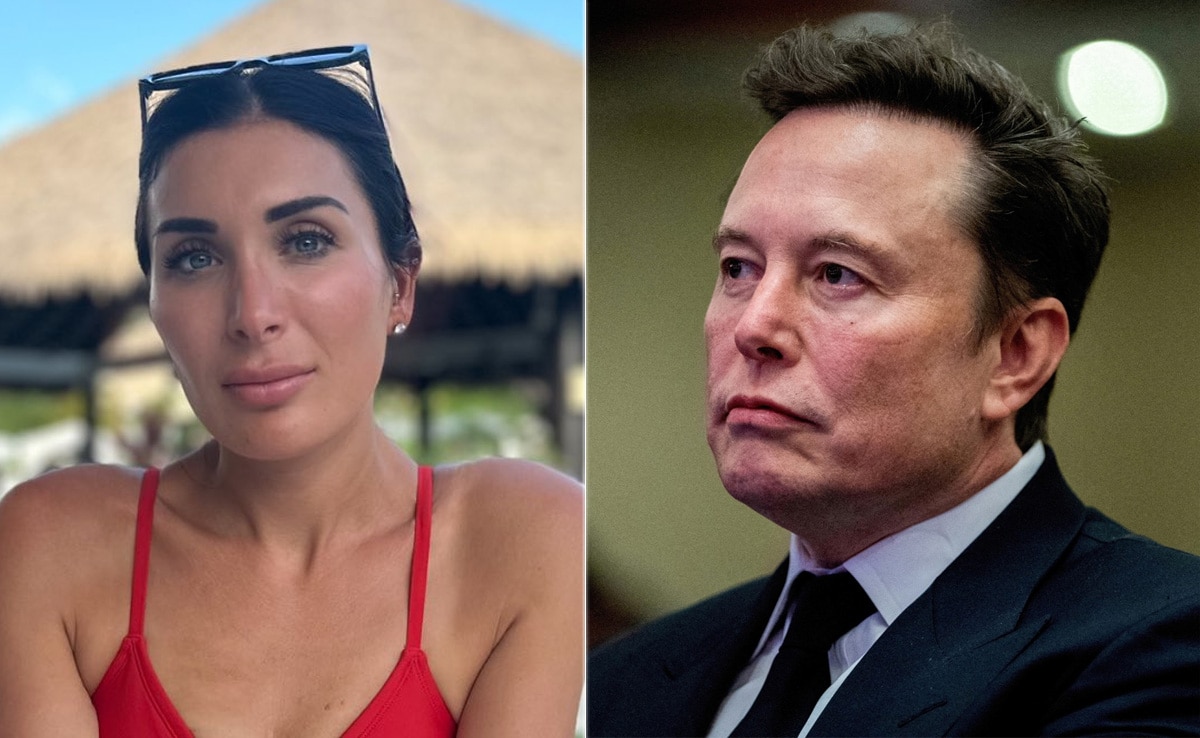Dr Manmohan Singh, the former Prime Minister and a key architect of India’s economic reforms, passed away in New Delhi on Thursday night at the age of 92. He breathed his last at the All India Institute of Medical Sciences (AIIMS), where he had been admitted following a sudden loss of consciousness at home.
Born on September 26, 1932, in what is now Pakistan’s Punjab, Dr Singh was a distinguished academic and economist. He completed his Bachelor’s and Master’s in Economics from Panjab University in 1952 and 1954, respectively, before earning a coveted Economic Tripos from Cambridge University in 1957. He went on to complete a DPhil in Economics from Oxford University in 1962, solidifying his credentials as a leading economist.
Dr Singh’s contributions to India’s economic policies were monumental. His career in the Indian Government began in 1971, serving as Economic Advisor in the Commerce Ministry, before ascending to roles such as Chief Economic Advisor, Secretary in the Finance Ministry, and ultimately, the Finance Minister in 1991. In this capacity, he spearheaded the country’s liberalisation during a critical economic crisis, transforming India’s economic landscape. His vision and reforms, including the introduction of policies that liberalised trade and investment, helped India become one of the world’s fastest-growing economies.
During his tenure as Prime Minister, starting in 2004, Dr Singh oversaw the introduction of landmark policies such as the Right to Information (RTI), Right to Education (RTE), and the National Rural Employment Guarantee Act (NREGA), which continue to shape India’s social fabric. His leadership was also marked by a landmark nuclear deal with the United States, further elevating India’s standing on the global stage.
Economic reforms led by Dr Manmohan Singh in the early 1990s, under Prime Minister Narasimha Rao, laid the foundation for India’s rise as a global economic power.














